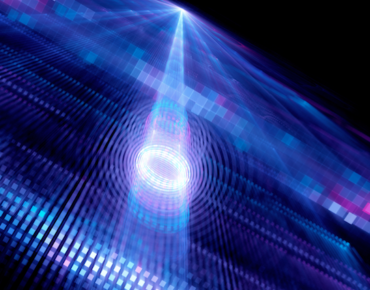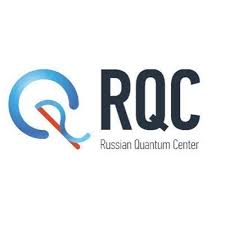Quantum-Safe Blockchain Claim by Russian Researchers Met with Skepticism

The Russian Quantum Center today announced it has overcome the threat of quantum cryptography by creating the first quantum-safe blockchain, securing cryptocurrencies like Bitcoin, along with classified government communications and other sensitive digital transfers.
The center said the technology has been successfully tested by one of Russia’s largest banks, Gazprombank, and that the center is now working to expand the capability to other Russian and international financial services organizations.
The announcement was greeted with a wait-and-see attitude by industry observers, including HPC analyst Steve Conway, of Hyperion (formerly IDC), who noted that, given the complexity of the use case, neither the press release nor the white paper issued by the Russian Quantum Center provided enough technical detail to validate its announcement.
“As far as the use case goes,” Conway said, “it’s pretty universally acknowledged that one of the key early uses for quantum computing is going to be for cyber defense, so that’s no surprise. Efforts like that are underway around the world. It’s difficult to assess this one in comparison with any other without having any technical details about what they’re doing.”
Addison Snell, CEO of Intersect 360 Research, said, “It is still early in the development of quantum computing and difficult to compare the efficacy of the Russians’ approach versus efforts we have seen from companies like D-Wave and IBM. The most important point is that Russia, which already has capable supercomputing vendors, such as RSC and T-Platforms, is now part of the quantum computing discussion as well.”
 The Russian Quantum Center said it secures the blockchain by combining quantum key distribution (QKD) with post-quantum cryptography, making it essentially “un-hackable,” according to the center. The technology creates special blocks that are signed by quantum keys rather than the traditional digital signatures, the center said, with the quantum keys generated by a QKD network.
The Russian Quantum Center said it secures the blockchain by combining quantum key distribution (QKD) with post-quantum cryptography, making it essentially “un-hackable,” according to the center. The technology creates special blocks that are signed by quantum keys rather than the traditional digital signatures, the center said, with the quantum keys generated by a QKD network.
QKD networks have become increasingly common around the world, particularly in the financial sector. China, Europe and the United States have existing QKD networks used for smart contracts, financial transactions and classified information.
Quantum computing holds the promise of delivering performance exponentially more powerful than today’s computers, but its commercial realization remains years away. It’s also seen as a major threat when in the hands of hackers.
Google appears to be at the forefront of this work – the company’s quantum-AI team has set for itself the goal of making a quantum annealer with 100 qubits by the end of this year. A qubit, or quantum bit, is the quantum computing equivalent of the classical bit. Conway pointed out that the Russian Quantum Center’s claims would require sophisticated quantum computing capabilities.
“It’s interesting because the challenges with creating a quantum computer increase dramatically with the number of qubits,” said Conway. “It’s a whole lot easier to do something with a couple of qubits than it is with hundreds or thousands of qubits. But in fact if you want to get serious about this you have to get to the thousands of qubits… I’d be surprised if this were in the thousands of qubits range, which is what you’d really need for serious cybersecurity.”










